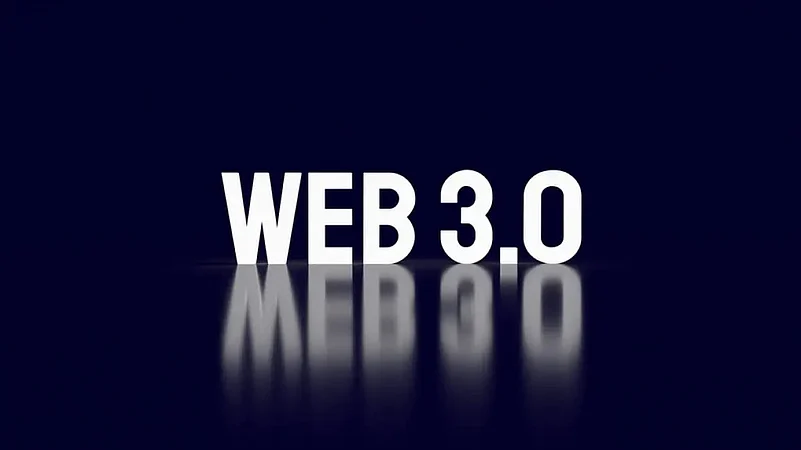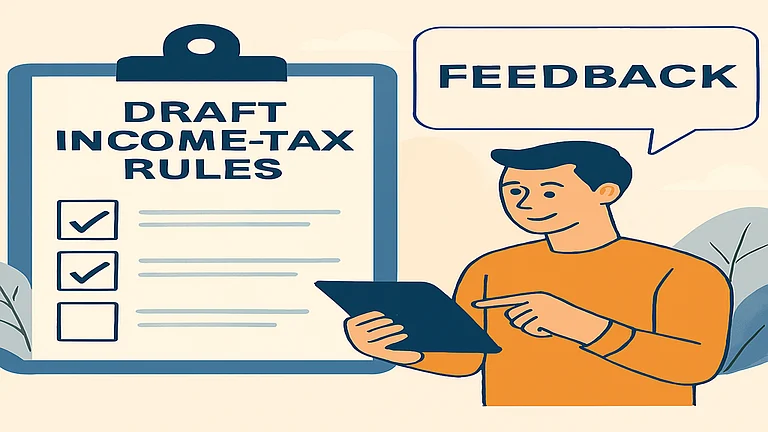The Telangana government is set to launch a ‘Web 3.0 Regulatory Sandbox’.
This sandbox will aim to promote and help various Web 3.0 startups to innovate in the fields of blockchain, metaverse, non-fungible tokens (NFT), and others in the state.
The announcement was made by Jayesh Ranjan, Telangana’s principal secretary, department of the industries and commerce and information technology, at an event organised to launch the India Blockchain Forum recently. The Web 3.0 Regulatory Sandbox will be a first for any Indian state.
A regulatory sandbox is when a product is launched in a limited environment, under regulatory supervision.
Bid To Control Brain Drain?
“We saw during a recent interaction with a VC that Indian startups are going away from India to Dubai and other places where the regulation is clear about such issues. We are engaged with policymakers and other regulators and are here to work with Indian Web 3.0 startups for promoting innovation,” Ranjan said.
The sandbox will create a welcoming environment for all Web 3.0 blockchain and other related startups to come to build their products and check the regulatory boundary laws, he added.
How Will Regulatory Sandbox Help?
The Telangana state is exploring the use cases of blockchain technology in areas like chit funds, real estate, and others. Sharat Chandra, co-founder, India Blockchain Forum, said, “The blockchain technology can be used to tokenize an asset like real estate and enable people from varying parts of the country to invest in a plot or property, and with fractional investing concept at play, the tokenization of real estate can really play off. Investors can be better connected with real estate developers, and an overall boost in sales of real estate cannot be ruled out due to the availability of blockchain tokenization of them.”
Ranjan added that the shortlisted startups who enrol in this Sandbox will be provided governed data access and connection with domain knowledge experts and knowledge about regulatory laws so that the products they are building do not push an existing regulation.
Currently, there are two venture capital funds have partnered with the government on the project.













